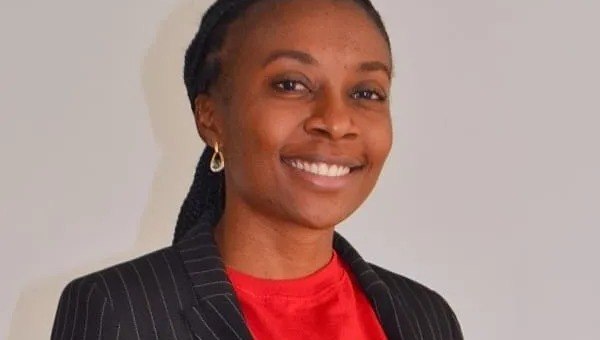Learn Outside the Classroom: Student Lucas Whitaker
Born in California and raised in Vermont, student Lucas Whitaker is pursuing a B.A. in International Affairs with a minor in Gender Studies. After graduating from high school, Lucas studied abroad in Bulgaria, where he discovered his passion for international affairs, humanitarian aid, and international education.

Tell us about your background.
When I was 17, I studied abroad in Bulgaria with the U.S. State Department’s Kennedy-Lugar Youth Exchange & Study (YES) program. The aim of the program is to improve relations between countries and build bridges between cultures. I lived with a host family and attended a Bulgarian high school for a year. The experience I gained in Bulgaria helped me receive the Global Explorer Scholarship in April 2022, allowing me to come to study at John Cabot University. I had JCU on my list of favorite universities since I was 15.
What made you decide to study International Affairs with a minor in Gender Studies?
I decided to study International Affairs because I have always wanted to help people and I really love other cultures and languages. I was originally focused on humanitarian aid and food security, but I’ve become more interested in international education and politics. I ended up choosing the minor in Gender Studies after doing a research assistantship in Spring 2023 with Professor Tara Keenan on “Brexit and Intersectionality.” It focused on understanding how different communities, especially women, refugees, and queer people, are disproportionately affected by Brexit. It was fascinating so I chose to combine International Affairs and Gender Studies.
You participate in many extracurricular activities at JCU. How have all these activities enriched your experience here?
I think getting out of your comfort zone and saying yes to more things really helps you to integrate and be part of the community. It’s one thing to go to college and just study, it’s another thing to be a student and really learn outside the classroom, as well. That’s something I really like about JCU. There are a lot of opportunities to learn, even by just talking to somebody. And so, by being part of clubs and organizations at JCU, you meet so many people with common interests whom you wouldn’t meet otherwise. Clubs also serve as a way for people to learn, to be part of the community, and to cultivate their interests. I think that being part of clubs and organizations is one of those things that contribute to lifelong learning. I personally think that it has helped me integrate well in Rome.
What advice would you give to students who are considering studying at JCU?
Earning my degree abroad is something that has made me learn many things, not only about other countries but also about myself. You learn how to respond to situations, and you learn what your values are, whether they are assimilated by the host country or your own home country. You also learn a lot about how you feel about your country and about being a “minority” in a new context. It’s an incredibly enriching experience that you’ll take with you for the rest of your life. Personally, I learned that I am not as outgoing as I thought I was in the U.S. So, when I moved abroad, I had to push myself to talk to people. Sometimes you can find friends where you least expect it. I think everyone who has the opportunity should at least try studying abroad. It’s hard to get used to at first, but once you get past the initial barriers, you say yes to more things, you get out of your comfort zone, and you really learn a lot.
What are your plans for the future?
Next year, I want to participate in JCU’s Going Global program and study abroad. I’m trying to go back to Bulgaria and finish learning the language and take classes about Eastern Europe because that’s what I’m most interested in. My dream would be to work for the program that I studied abroad with or a similar program that works with the U.S. State Department. That way I could work in citizen diplomacy and be a mentor for other students going abroad to facilitate their experience. In any case, I know I want to focus on Slavic countries or Eastern Europe.





